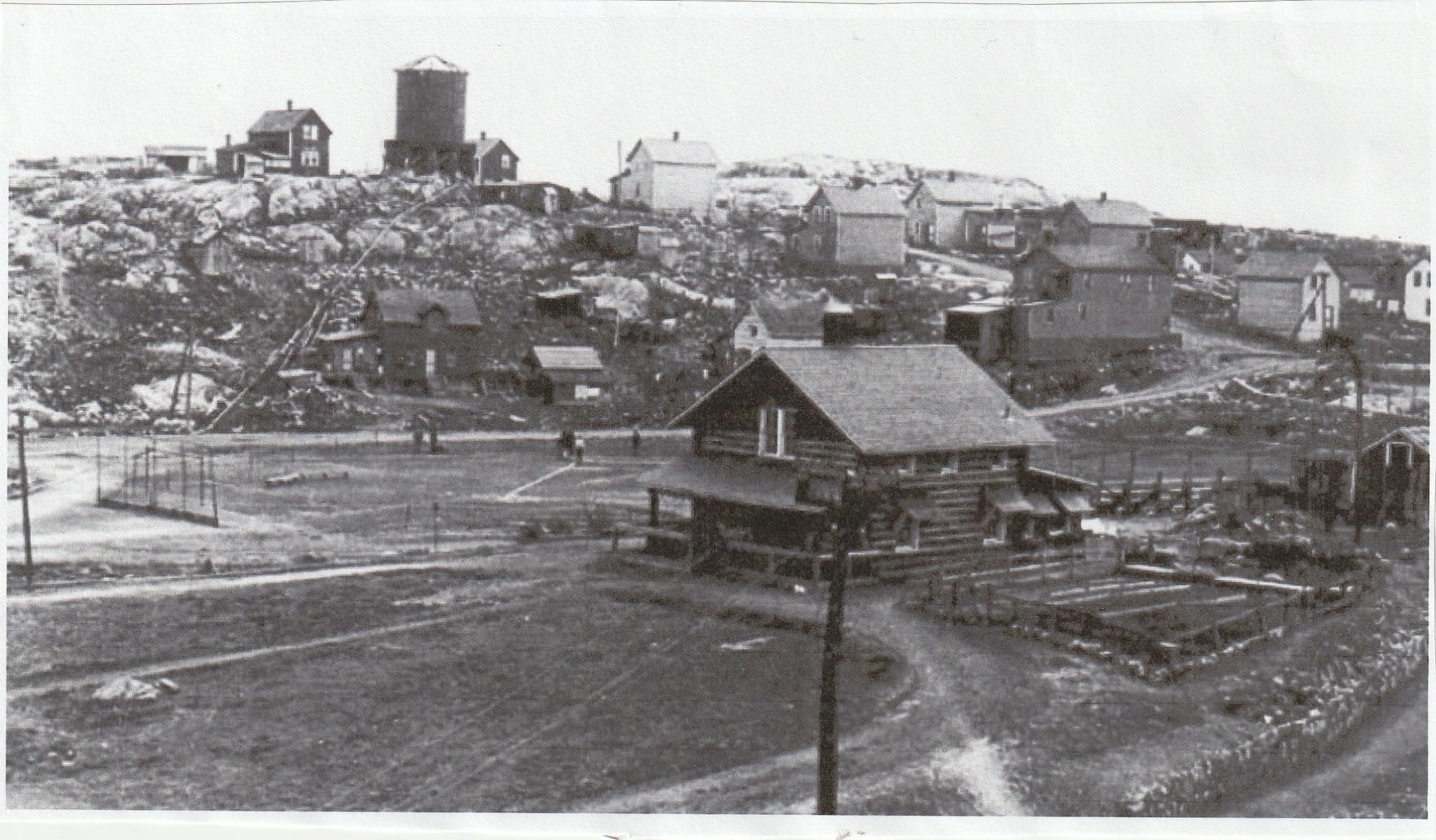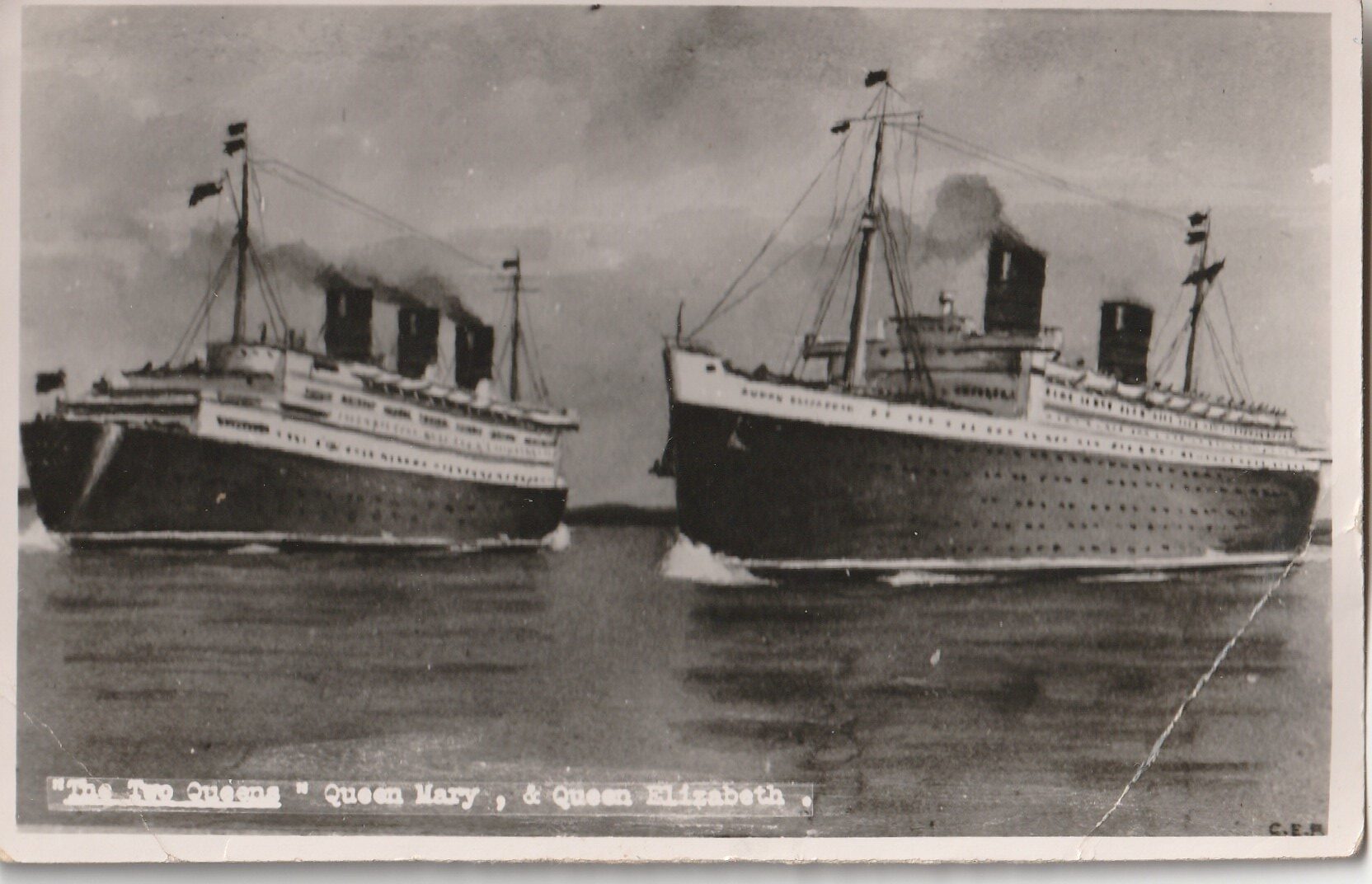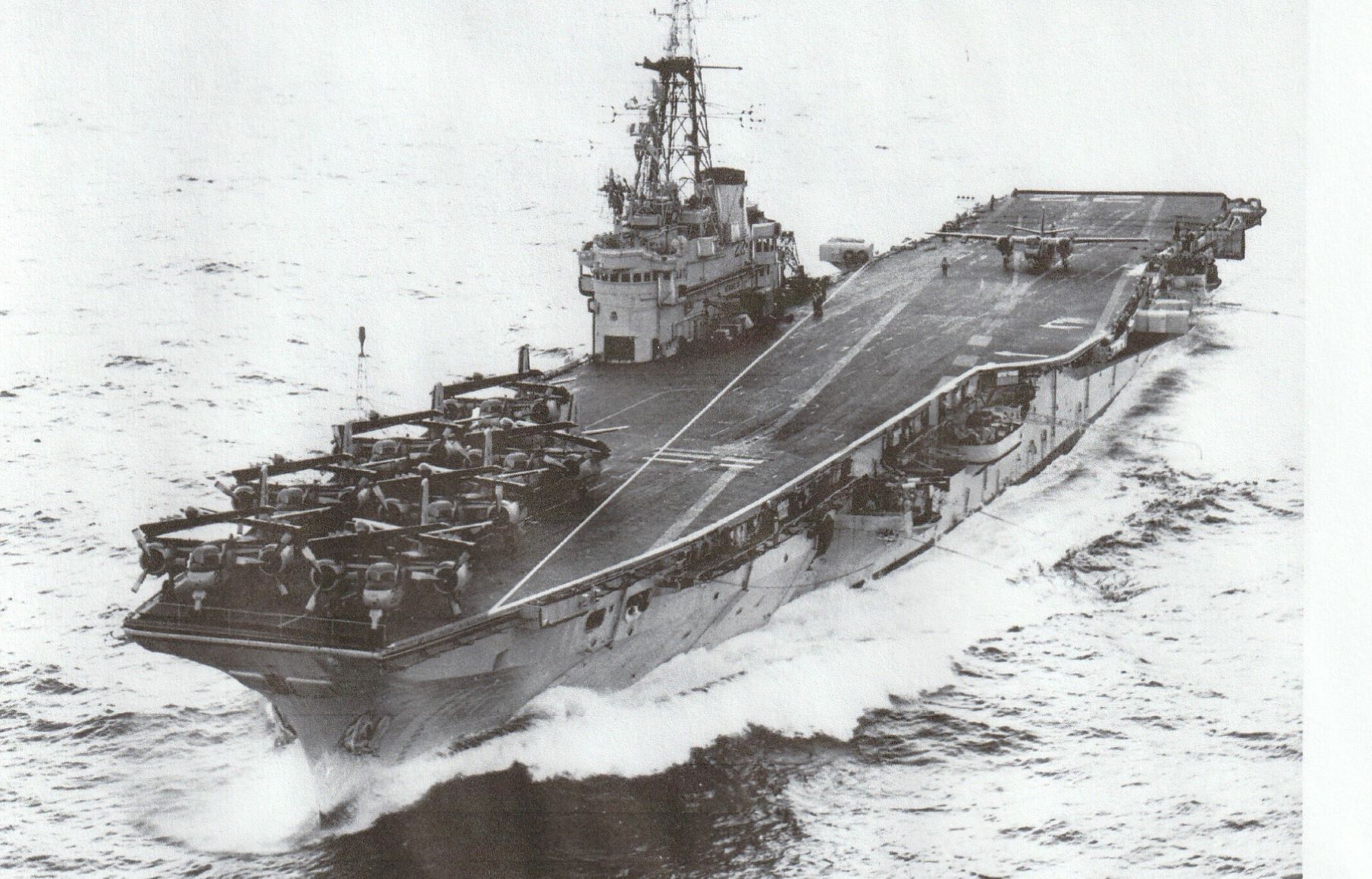REVISED – September, 2020
This is a revised recounting of ‘End Of The Dream’. A fuller and more accurate account of the case was made available to me through the recollections and research of a friend of one of the victims. To the friend, I offer my sincerest thanks.
Much of this documentation of the Duane Oswald David case is drawn from the notes of my many interviews with retired OPP Detective Inspector Donald J. MacNeil. I found it to be a particularly compelling and sad story of an immigrant family working hard to realize huge dreams before meeting a sudden and tragic end.
On April 19th, 1994, OPP Detective Inspector Don MacNeil received a call regarding a triple homicide in Adjala-Tosorontio Township, about forty miles northeast of Toronto. “By the time I arrived on site from Collingwood,” he said, “the site had already been secured. There were three cruisers in the driveway. I had always preferred to arrive early at crime sites before too much evidence may have been eliminated.” The bungalow stood back from the road, where neighbours would be unlikely to immediately notice the lack of everyday activity.

Calls had come in regarding ten-year-old Ricardo Navarro’s absence from school, along with calls regarding the absences from work of both forty-six-year-old Glennie Navarro (Ricardo’s mother) and forty-year-old Lyrister David (Glennie’s sister and the mother of the absent Duane David). Lyrister and her sister Glennie were from a family of thirteen and had emigrated from Trinidad some twenty years prior.
Lyrister had worked for the Ministry of the Environment on St. Clair Avenue West in Toronto as a Procurement Officer for twenty years, and her sister Glennie had been working for a trucking company, which was also in the St. Clair West area. Over the years Lyrister had acquired a suburban townhouse before moving to a bungalow in Richmond Hill. She and Glennie would eventually settle in a bungalow in the small rural area of Colgan, the community where their lives would be cut short.
The responding police officers came upon a particularly grisly sight: the three bodies had most likely lain in place for three days before discovery. There were no signs of forced entry. Lyrister was thought to have been reading or sleeping in her bed at the time of the attack. She had been bludgeoned to death with a small hammer, with blood spatter covering the walls.
Glennie was found strangled to death in the adjacent room. Lastly, and possibly most horrifying was the discovery of Ricardo’s body: strangled and then covered with a sheet. Given that the two adults were not covered–and that Ricardo was–might have led one to question if the killer found it more distasteful to kill a child, or might have suggested that the killer knew the little boy.
At the funeral for the three victims many would recount how they expected the young boy to go far, with the principal of Ricardo’s school describing his belief that the boy could have become Prime Minister.
Don MacNeil recalled that it took some time to find the next of kin to the trio. Lyrister’s son, twenty-two-year-old Duane Oswald David, was an Honours student attending Ryerson Polytech and studying chemical engineering. In fact, Duane’s family believed him to be writing exams the morning of the murders. Duane had been residing at his mother’s Richmond Hill bungalow, but became notably absent immediately after the deaths.
Duane became the number one suspect. He had begun to do poorly in school, and had, in fact, been absent from his studies for some time. Lyrister had been supporting Duane financially and was extremely proud of him; therefore it was suggested that Duane had opted to kill his family rather than have to tell them that he had dropped out of school. It was later discovered that Duane had returned to the bungalow in Richmond Hill after the killings and attempted to hang himself, unsuccessfully. After that, he fell off the map.
A bulletin was immediately released on Glennie’s car. Two days after the murders, Duane would use the car to cross the border into the USA, where he would abandon it in Chicago before flying to Los Angeles. Several weeks later, Duane attempted to make a bank withdrawal from his late mother’s account, along with a phone call to the Ministry of the Environment offices where Lyrister worked. He was quickly traced to Torrance, California, a coastal city in the South Bay Region of Los Angeles County. MacNeil and another officer were dispatched immediately to L.A. in order to track down the suspect.
The OPP duo would connect with not only the LAPD, the FBI, and the U.S. Sheriff’s Office, but specifically the U.S. Marshals, who MacNeil explained, “were the only ones specifically designated to seek out fugitives according to the U.S. Constitution. We ended up working with the same team who worked the O.J. Simpson case, including Mark Furman, who had worked with local gangs.”
MacNeil had planned to take the LAPD Team out for a beer when the arrest of David was ultimately made, “but the U.S. Marshals had beaten them to it.” Don would later receive a plaque from the U.S. Marshals, commemorating their joint success.

“Because the U.S. Marshals had taken custody of David, they had to attend the Canadian trial.” MacNeil explained. “The L.A. public defender was particularly fond of Canada,” MacNeal revealed. “As a teen, he and his Dad had come to Northern Ontario to go hunting and gotten lost. They had been rescued by the Kenora OPP, who had dropped them supplies. “Don’t worry”, the public defender had said to Don, “this guy is going back to Canada. We owe you big time.” Extradition was not fought and David secured a Toronto lawyer.
David was charged with three counts of First Degree murder and convictions were made on all three. “Assistant Crown Lorne McConnery deserves accolades for getting convictions on all three murders,” said MacNeil. “He was a damn good Crown and a helluva guy.”
In court, David’s lawyer would imply that Duane resented his mother, had sexual fantasies for his aunt, and was jealous of his young cousin, Ricardo. A forensic psychologist would suggest that Duane may have had “a schizotypal personality disorder” that could cause transient psychotic episodes, lasting minutes to hours. Additionally, acquaintances of Duane’s expressed concern regarding his behaviour prior to the murders, along with his suicidal ideation.
Duane’s lawyer would suggest that he was not criminally responsible. This was rejected. Duane David was sentenced to twenty-five years without parole.
Both Don MacNeil and I wondered if Duane David had made use of the Faint Hope Clause for early release, given that he appeared eligible: his crime occurred seventeen years prior to the December 2011 repealing of the clause. Duane was considered to be a smart young man, albeit one with mental health problems, and Don wondered if the young man made the most of his time in jail.
I cannot tell you the final outcome of this tale, but only hope that justice was served.




Saddened
says:Thank you for providing me with some insight. I always wondered about the details surrounding the deaths of my aunts and young cousin. I never knew the full story as there was a lot of secrecy in my family around the death. I had just finished university in Trinidad when it occured and it hit like a ton of blocks… It was so hard to believe that my cousin Duane could commit such a heinous act. I knew him in Trinidad as a well-mannered little boy (around Ricardo’s age). Then he migrated to Canada to join his mum. Not sure what happened over the years but wherever Duane is, I hope he has fully conquered his inner demons, rehabilitated and is living as peaceful life as possible. To my deceased aunts and cousin may you rest in peace in the arms of our Lord. Definitely gone to soon…
Anonymous
says:I went to school and lives down the road from your cousin this was a sad day for the whole school when we heard I still think about this often
Matthew
says:Thank you for this article. I also attended st James , Ricky and I were in the same grade. This horrible event has never left my mind. Often I have even questioned my own thoughts of its authenticity, or a Truly horrible nightmare.
Ann Burke
says:Thank you for your comment Matthew. It is most appreciated
GH
says:I followed this case closely after the crimes took place. Almost 30 years later and there are no photos of the victims or their property. Thank you for sharing this update.
A
says:Tracey, thank you for this! I was in Rickys class at the time of the murder. We grew up together and both attended st james school as well as played baseball together – in which Duane was a regular on the sidelines.
This horrific murder and funeral of a classmate at such a young age is something I’ve carried with me my entire life, and until this article could never find any follow up or much detail of the case itself.
I feel a little closure now that I have some of the questions I’ve carried my whole adult life answered.
Thank you.
Ann Burke
says:I’m glad that you were able to draw some closure from the story. Ann
DMM
says:I remember when this happened. I was getting ready for work and watching CKVR news. When the announcer said the name, I was shocked. We used to go to elementary school together, and would joke about having the same name, slightly different spelling. Such a sad story for all involved.
Tracey
says:Hello Ann,
I grew up in Palgrave and surrounding area in the 1960s-1980s. I worked as a student in a nearby conservation area in 1979-1980. Your website is very interesting and well-done. May I submit some correspondence to you please? Thanking you in advance.
Ann Burke
says:Certainly Tracey! You can reach me at driftingfromtheshore@gmail.com
I would be very interested in hearing your comments and perspective on the website posts.
Regards,
Ann Burke